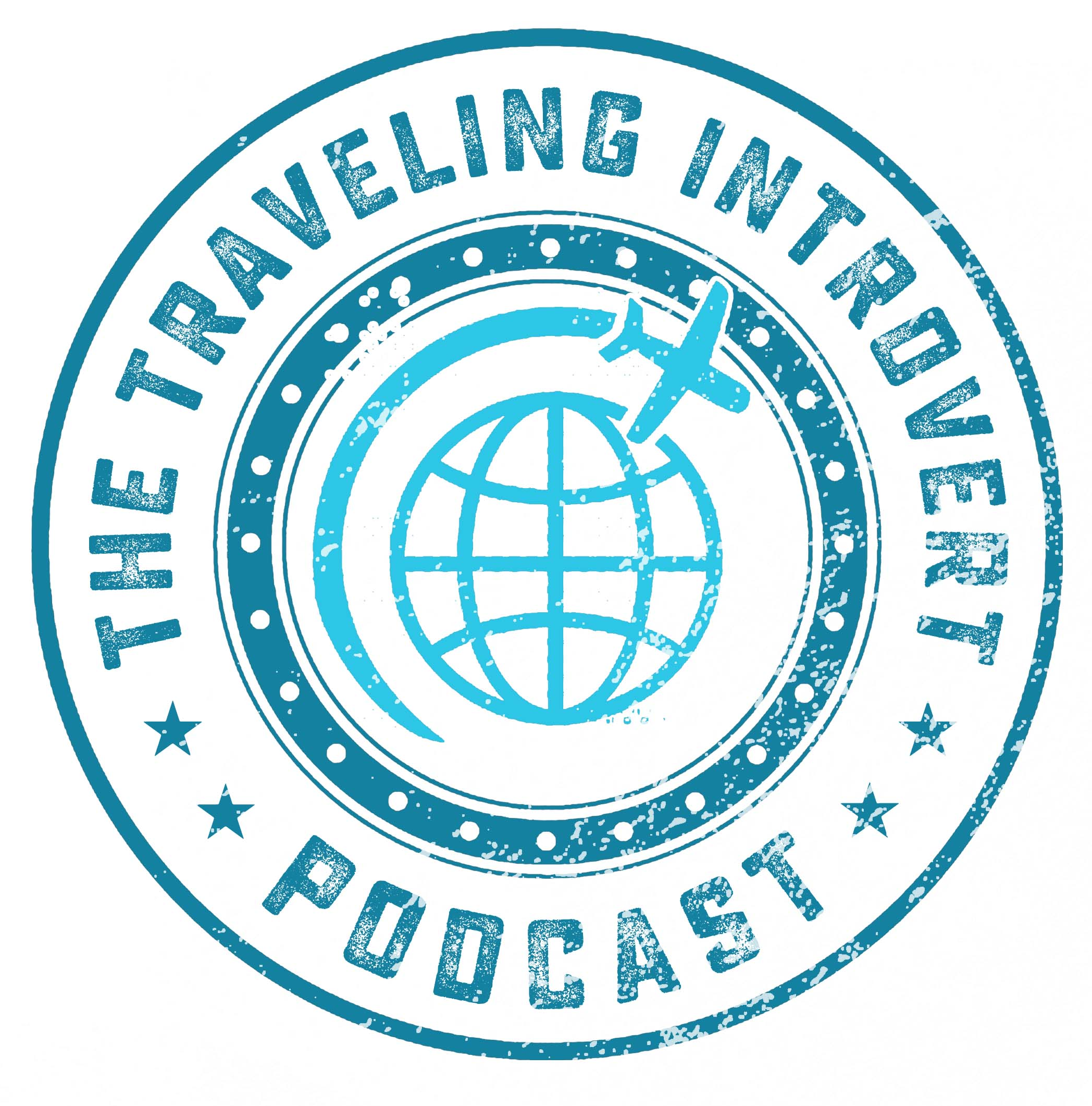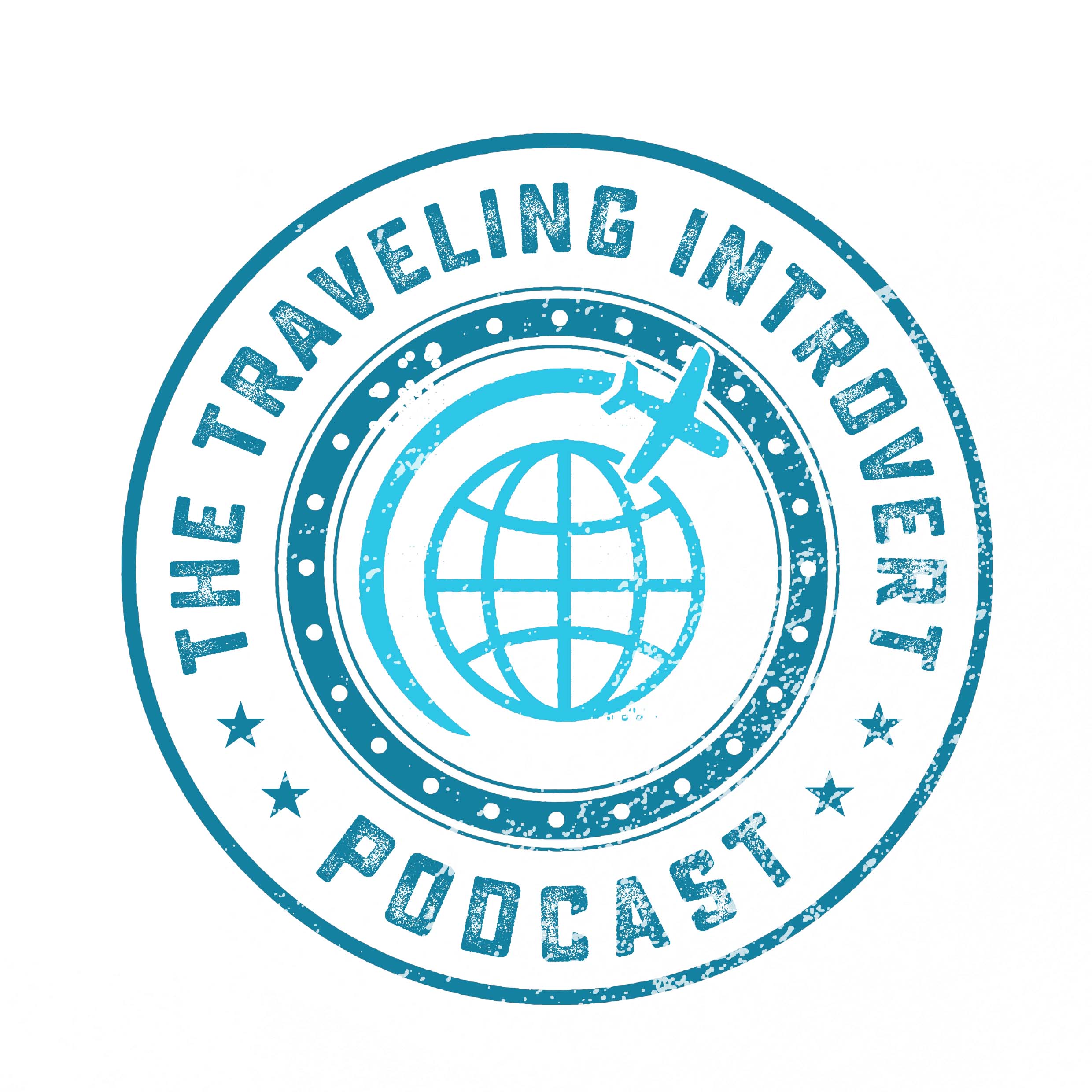Episode 433
Why Introvert Burnout Goes Unnoticed
This episode dives into the hidden and gradual nature of burnout, especially as it affects introverts. It breaks down the 12 stages of burnout, explaining how it’s not a sudden switch but a slow process that often goes unnoticed until it's severe. The stages include feeling the need to prove oneself, working harder, neglecting personal needs, displacing conflict, revising values (where work takes over everything), denial of problems, isolation, noticeable behavioral changes, feeling detached, experiencing inner emptiness, depression, and complete mental and physical burnout.
The episode highlights how burnout can be harder to spot in introverts because signs like withdrawal and neglecting needs often look like normal behavior rather than red flags. Introverts may also hide burnout well by creating systems to appear productive or by downplaying their struggles. It also addresses why people ignore the warning signs, linking it to societal expectations and the tendency to overcompensate for being quiet.
The solution isn’t big productivity hacks but rather quiet structure, boundaries, micro-recharges, and support that actually works for introverts' needs. The key message is to recognize burnout early and make small, continuous changes to prevent it from worsening.
Transcript
Hello and welcome to the Travelling Introvert. Today I want to talk about something that affects high achievers, leaders and everyday people more than we realize, and that's burnout. But to be fair, it's not just any burnout. It's the slow, sneaky kind that tends to creep up on introverts, especially those of us who don't always speak up, don't always feel seen, and often carry more than our fair share because we don't want to let anybody down. So I want to talk about the 12 stages of burnout, how it can show up differently for us introverts and maybe also explore why we ignore the warning signs. So burnout isn't a switch that flips like one minute you burn out, the next minute you're not. No, it's more like a slow descent and a gradual ascent out of it, and you don't notice it until you're way too deep in. And so there are 12 stages, roughly of burnout.
Janice Chaka [:And while not everyone experiences all 12, and while the journey is not always linear, it is really helpful to know what they are and see the progression. So sort of level one is that compulsion to prove oneself to show I can do it. And that can happen in short bursts. But burnout is when you have sustained stress and sustained energy depletion over long periods of time. So just getting a promotion and trying to prove yourself on one project, great. Trying to do it for two years less. So then there's sort of working harder. And then it goes on to neglecting your needs.
Janice Chaka [:And that could be skipping meals, skipping rests, skipping hobbies. Then it comes to displacement of conflict. You might start blaming stress on others or downplaying your struggles. Then comes the revision of values. Friends and hobbies start to fade in their importance in your life as you're only focusing on work. And of course because of this, you will then go on to denial, emerging problems. It's fine. I just need a better system.
Janice Chaka [:It's fine. I just need to wait for this project to finish. It's fine. We just need to hire another such and such, and it's fine. You know that that meme that it's fine and everything's burning all around? Yeah, that's that one. Then comes sort of isolation and withdrawal. You not only isolate because you think you need more energy and you're recharging. That's not it.
Janice Chaka [:You isolate further emotionally and social. You're just not getting everything that you need. But that is odd. Behavior changes, maybe irritability, emotional outbursts, that sort of A thing. Then we're talking about like stage nine. Now you kind of feel detached from yourself, sort of as if it's happening to somebody else. Out of body experience type things. You sort of feel this inner emptiness.
Janice Chaka [:Avoid that no to do list or no amount of things that you do will fix. Then of course there's depression and burnout syndrome where there's complete mental and physical. Yes, there can be complete physical collapse. And so just knowing about that is good for you because you can catch yourself early in the process and change everything. Now it shows up differently for introverts because we're really good at masking burnout. Well, because the signs just look like sort of normal introvert behavior. Withdraw it. An extrovert pulling away might alarm people, but for introverts, but we're already maybe less social, so pulling back even more could go unnoticed by others and by ourselves.
Janice Chaka [:Neglecting needs, which was stage three. Many introverts sort of cope with overwhelm by retreating inward. So skipping lunch to go just one thing more done feels like a survival tactic, not necessarily a red flag and denial of problems. So when burdock creeps in, we sort of overanalyze and overthink and create elaborate systems to fix our productivity instead of questioning the system that we are stuck in. Let me give you an example. One of my clients, a team lead, was praised for being so calm under pressure. But what no one realizes that she was waking up at 4am to over prepare for every meeting and crying in the car after work, work and no one noticed. She didn't realize she was burnt out.
Janice Chaka [:So why do we ignore these signs? Well, part of it is sort of conditioning. We often are told if you're too quiet, you're not a team player, you need to be more visible, you should speak up more. And so because of this we overcompensate by being ultra reliable, ultra prepared, ultra responsible. We feel that needing to step back will just confirm other people's assumptions about us being too soft or too slow, et cetera, et cetera. For socializing doesn't work. Group coaching doesn't work. Big productivity hacks doesn't work. We need quiet structure.
Janice Chaka [:We need to practice boundaries. Maybe using automation to help us micro recharge, often journaling over venting and support that fits our rhythm because that's what's going to work to get us back on track. But that's not really preached a lot by people or anything in that matter. See, burnout is not just exhausting, it is a pattern of depletion and for introverts it often hides in plain sight. You don't have to keep pretending. Mondays are fine. You don't have to wait for Breakdown to start making a shift. You can do that just with micro things all the time.
Janice Chaka [:So thank you for listening. This is Janice at the Career Introvert helping you build your brand and get hired. Have a great rest of your week.



